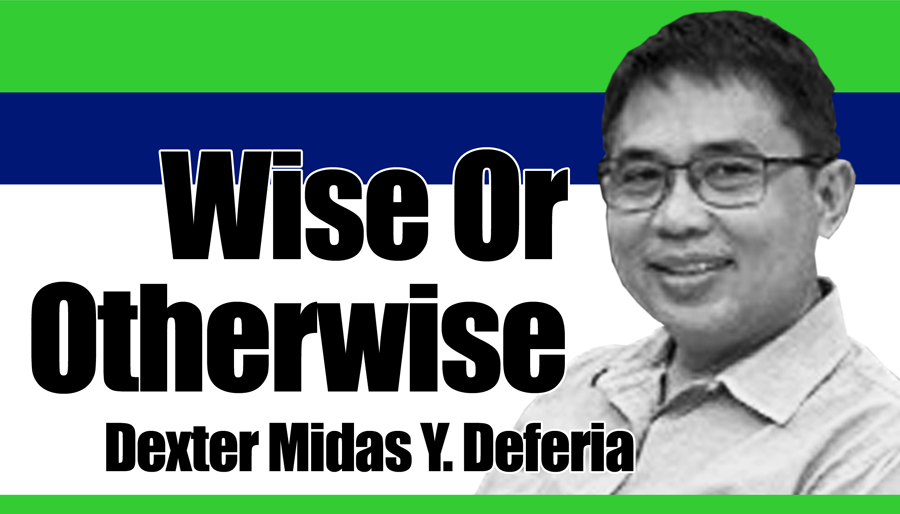
The recent call from restaurant owners to combat the proliferation of fake Persons with Disabilities (PWD) IDs struck a chord, reminding me of a personal encounter at Starbucks earlier this January. While cracking down on fraudulent IDs is crucial, it’s equally important to ensure legitimate PWDs receive the discounts they are entitled to by law.
My experience occurred during a trip from Pampanga to Manila when we stopped at a Shell station for lunch. My son, a Starbucks enthusiast, offered to get my coffee, knowing I was still recovering from knee surgery. To spare me the walk, I gave him my PWD card.
However, he returned to say the discount was not honored; the staff insisted on seeing me in person. Despite my son’s objections, I walked to the Starbucks, only to find him already telling them to forget about the discount to avoid inconveniencing me.
This incident occurred almost a year after Starbucks Philippines faced criticism for limiting PWD and senior citizen discounts to “one food item and one beverage only per visit”in January 2024. While they later apologized for the “erroneous signage”, the experience left a sour taste.
Was the employee’s behavior a result of encountering too many fake PWD IDs? Perhaps, but it felt as though I was being unfairly scrutinized, lumped in with those attempting to scam the system. I would rather be normal than a PWD just to get a discount.
While I’m not a huge Starbucks fan, my son is. We often visit the drive-thru at Starbucks Molino, although I’ve suggested Pick Up coffee as a cheaper alternative. He insists on Starbucks for its consistent taste – a point I concede.
Yet, the experience at that particular Starbucks branch was disheartening. The idea that a PWD must physically present themselves, even having to get out of the vehicle, to receive a lawful discount is unacceptable. Should Starbucks be alarmed if all their customers were PWDs? Perhaps. But an overzealous attempt to prevent potential losses shouldn’t translate into distrust and offense. As the saying goes, a few bad apples shouldn’t spoil the bunch.
The incident made me reflect on the bigger picture. As Speaker Martin Romualdez stated, Starbucks was lauded for giving seniors a 40% discount on one occasion, showing a capacity to support these benefits. It is disappointing to see such policies not being consistently applied.
While Starbucks enjoys immense popularity now, consumers may eventually realize they are paying a premium when more affordable options like Dunkin’ Donuts or Krispy Kreme offer similar satisfaction.
I don’t hold a grudge against Starbucks. I consider it an isolated incident involving an overzealous employee. My son continues to patronize Starbucks, recognizing that most employees are considerate and open-minded. However, this experience underscores the need for businesses to strike a balance between preventing fraud and treating legitimate PWD customers with the respect and dignity they deserve. It’s about training staff to verify IDs without causing undue offense, remembering that a shift from trust to distrust can alienate loyal customers and undermine the principles of inclusivity and accessibility. ||




